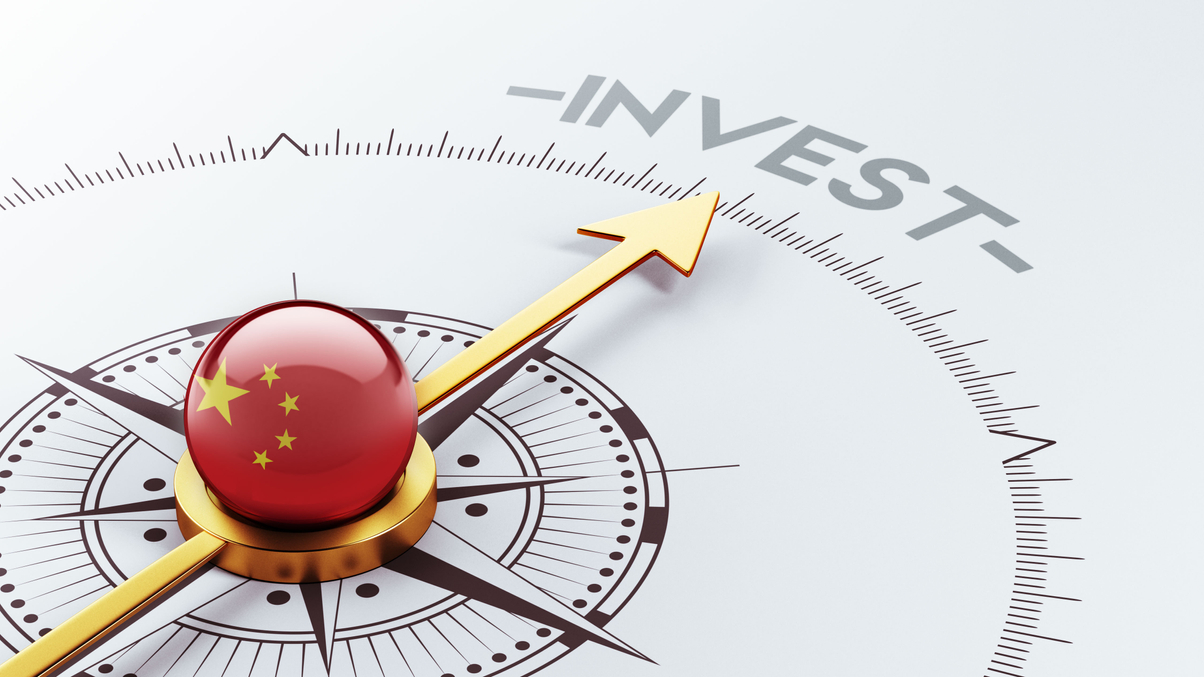Outlook 2021: How to invest in China’s equity market
China A-shares' continued strong performance has spurred some investors to consider a more active investment approach while others are more circumspect.

Most investors are bullish on the prospects of China equities in 2021, and many are expected to take a more active investment approach when it comes to investing as they monitor regulatory and volatility risks.
Sign in to read on!
Registered users get 2 free articles in 30 days.
Subscribers have full unlimited access to AsianInvestor
Not signed up? New users get 2 free articles per month, plus a 7-day unlimited free trial.
¬ Haymarket Media Limited. All rights reserved.


